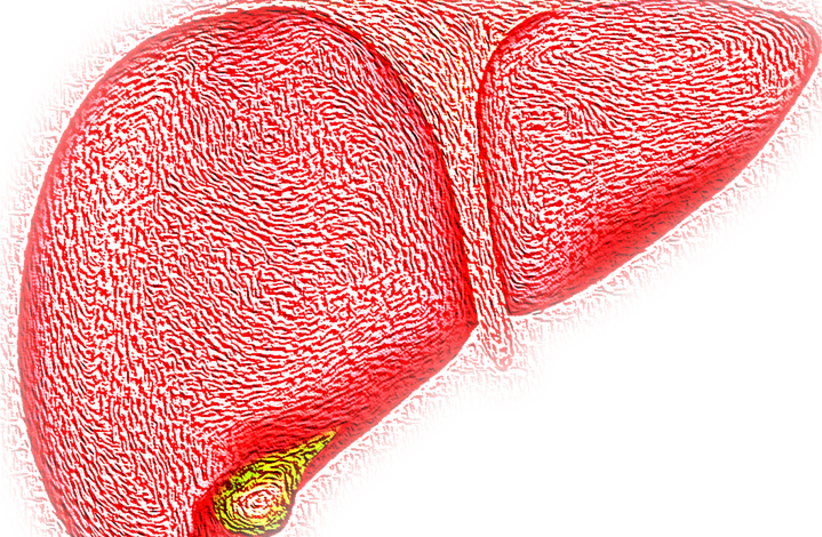Congratulations on your newborn! You now have a beautiful and healthy baby, and while you may be tired, your joy knows no bounds.
Within the first two days of birth, many newborns may develop jaundice, recognizable by a yellowish tint in the conjunctiva and skin. In most cases, this is neonatal jaundice, which requires no treatment and usually fades away naturally. The yellowing occurs due to an abundance of blood cells in newborns compared to children or adults. These cells break down and produce bilirubin, which the still-developing liver may not efficiently process at first.
However, rest assured, within a few days, the liver matures, and the bilirubin levels return to normal. Neonatal jaundice should disappear within two weeks after birth.
How do you know if your baby has liver disease?
Nevertheless, some babies may continue to show a yellowish tint on their skin even after two weeks, which could indicate an abnormal condition requiring further attention.
In such cases, blood tests are essential to determine whether it is jaundice resulting from high bilirubin levels or due to other factors like bile duct blockage, urinary tract inflammation, or liver cell damage from a genetic disorder affecting bile salt transport. In such cases, immediate medical intervention becomes crucial, which may include hospitalization or urgent surgery, increasing the chances of successful treatment.

Another sign to watch for is unusual restlessness. Newborns often display restlessness due to hunger or gas. But if the restlessness is persistent, with the baby rarely eating, sleeping, and moving uneasily, it is important to see a doctor.
Parents may also have an uncomfortable gut feeling that something is not right. In such cases, do not hesitate to consult a doctor. Most physicians understand the challenges new parents face and will offer reassurance if there is no underlying medical issue.
Itching is another symptom to be mindful of as the baby grows older and gains more control over their hands. Discomfort and restlessness may arise from constant itching throughout the body. Problems related to bile salt removal can lead to bile salts accumulating in the body and irritating the nerve endings in the skin, causing itching, self-injury, and bleeding. In severe cases, liver transplants may become the only available solution.
Prof. Eyal Steyer, director of the Pediatric Liver and Cardiovascular Diseases Unit at the Pediatric Gastroenterology and Nutrition Institute, Shaare Zedek Medical Center, stressed the importance of recognizing itching as a symptom of a potential liver problem: "The link between itching and liver issues may not be understood by all doctors, so it is crucial for parents to be aware of this and discuss it during visits to the clinic. Itching can cause sleep disturbances, loss of appetite, and hinder development and growth. It may indicate various liver diseases, which interfere with bile salt removal, such as progressive familial intrahepatic cholestasis (PFIC) disease. This rare and life-threatening hereditary liver disease displays symptoms within the baby's first year.
"Being aware of the signs and conducting relevant tests when there are concerns can make the baby's life easier and offer hope for potential treatments that may alter the disease's course and improve outcomes for these patients."
